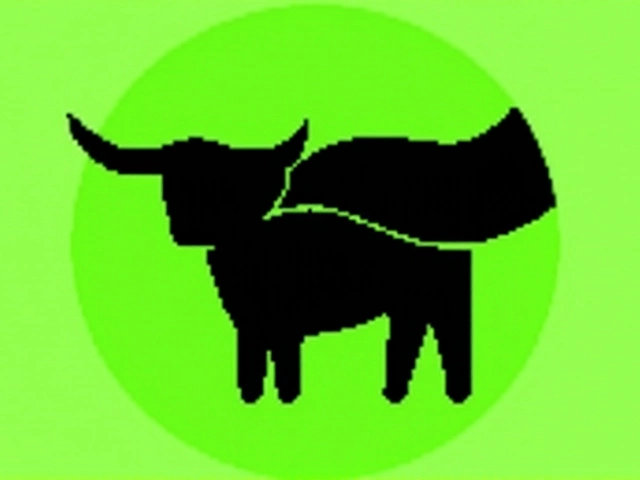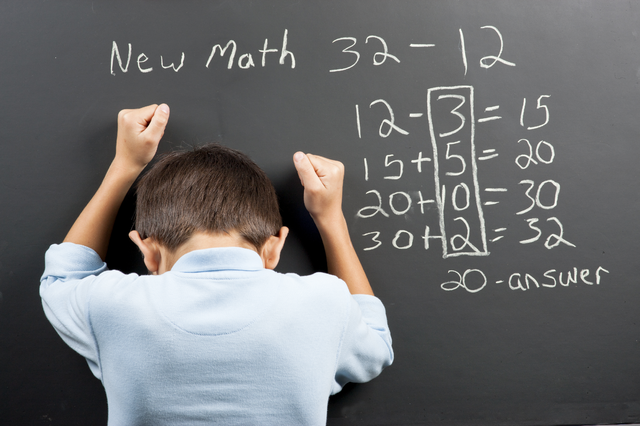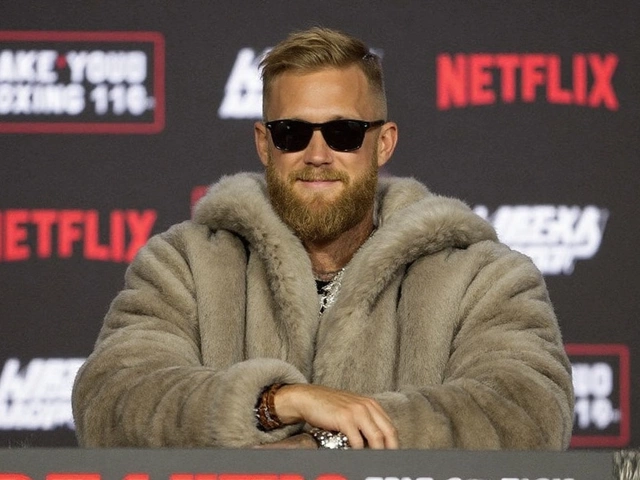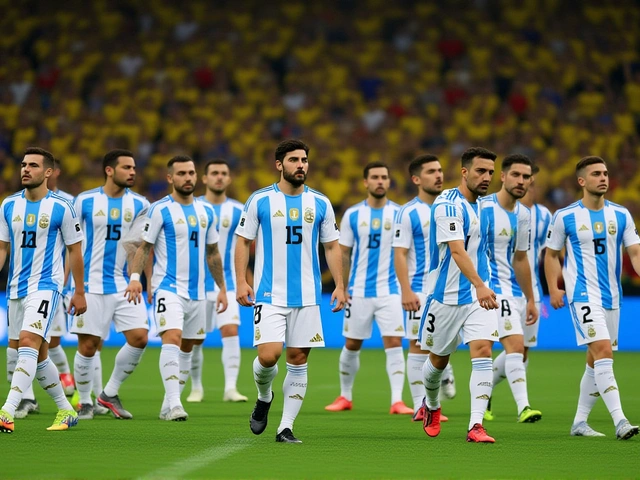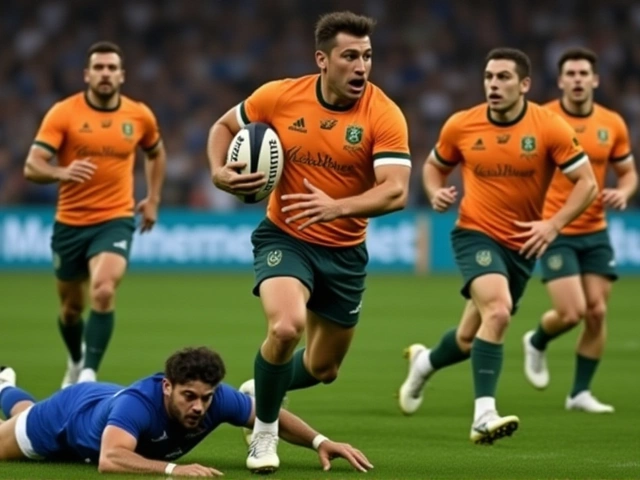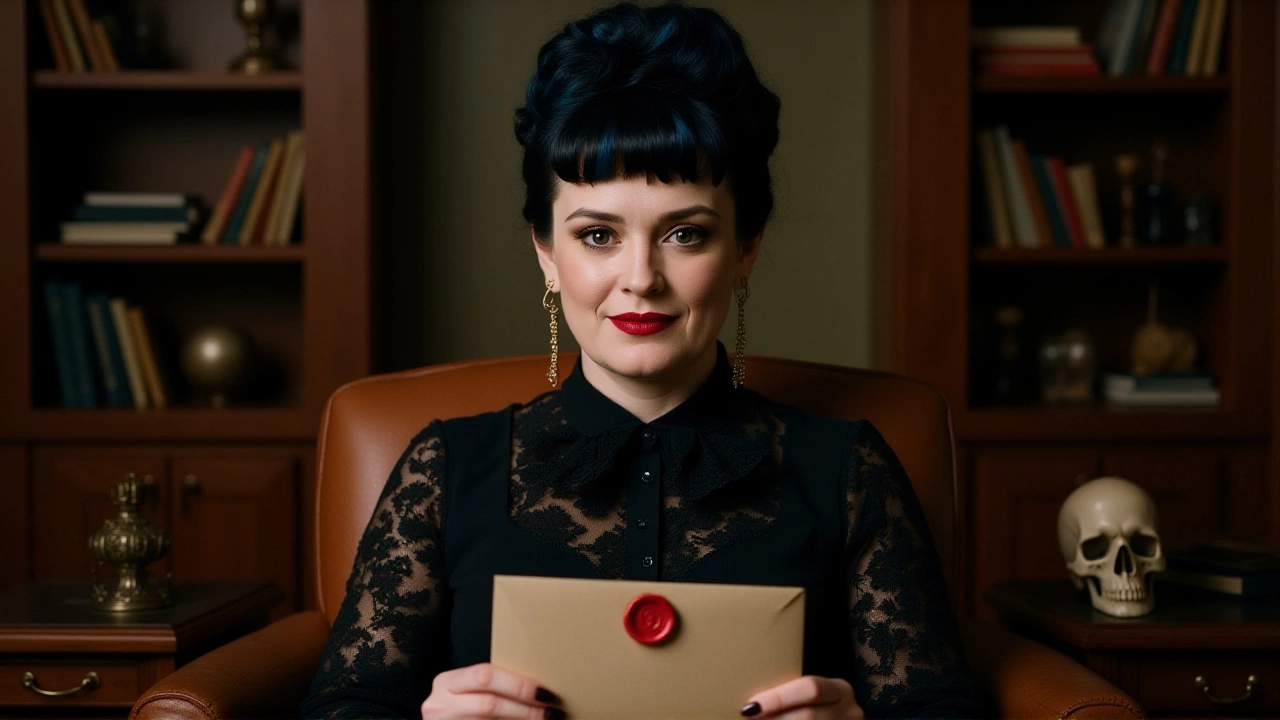 27
Nov,2025
27
Nov,2025
When Ruth Codd was eliminated from Celebrity Traitors after just two episodes, she didn’t blame the game — she blamed the people. In an interview with The Times that surfaced on October 21, 2025, the British actress revealed that a hidden power structure among celebrity contestants, not the rules of the show, led to her early exit. Filmed at a secluded hotel near Inverness, Scotland, the BBC’s celebrity spin-off of The Traitors was meant to be a game of deception. But Codd says it became a game of influence — and she was too honest to play along.
The Moment That Broke the Ice
Codd’s elimination came after a tense on-camera clash with veteran presenter Jonathan Ross. Though the exact words weren’t released, LADbible described her remark as "iconic," sparking immediate online buzz. What followed wasn’t just a viral clip — it was a cultural moment. "Sometimes being a strong woman can be lonely, because you're branded as aggressive and difficult," Codd told The Times. "I don't think I'm any of those things. I just speak my mind." That line, repeated across X (formerly Twitter) and TikTok, became a rallying cry for viewers who’d noticed how often women who challenge authority are labeled "difficult" — while men who do the same are called "bold."The Hidden Hierarchy
According to Codd, the game wasn’t decided by strategy — it was decided by who you knew. She claims a small group of well-known personalities — including Ross and broadcaster Clare Balding — formed an unofficial alliance, influencing votes behind the scenes. "I was a Faithful," she explained. "I didn’t lie. I didn’t manipulate. But I didn’t kiss up either. And that made me a threat." Her elimination, she says, wasn’t about gameplay — it was about social capital. "They didn’t vote me out because I was dangerous. They voted me out because I refused to play their game." Even fellow contestant Niko Omilana, a British YouTuber and activist, echoed her sentiment in a now-viral social media post: "All the celebs were lovely but that they made up the 'worst Faithfuls ever.'" Omilana’s comment, shared on October 18, 2025, was interpreted by fans as a quiet admission that the show’s "good guys" were too afraid to call out the manipulators — even when they were right in front of them.What the £40,000 Bought
Every contestant, Codd confirmed, received exactly £40,000 for their participation — no bonuses, no pay-per-episode spikes. That flat fee, she says, created a strange dynamic: everyone was equally paid, yet some wielded far more influence. "You’d think money would level the field," she said. "But fame? That’s currency here. And the most famous get to decide who stays and who goes — even if they’re not the ones playing the game right." Filming took place under strict sequestration at a hotel near Inverness, where contestants were cut off from the outside world for weeks. No phones. No internet. Just each other — and the cameras. "You’re isolated, exhausted, and emotionally raw," Codd recalled. "And suddenly, the person who hosts a chat show on BBC One is telling you who to vote out. It’s not reality TV. It’s reality manipulation."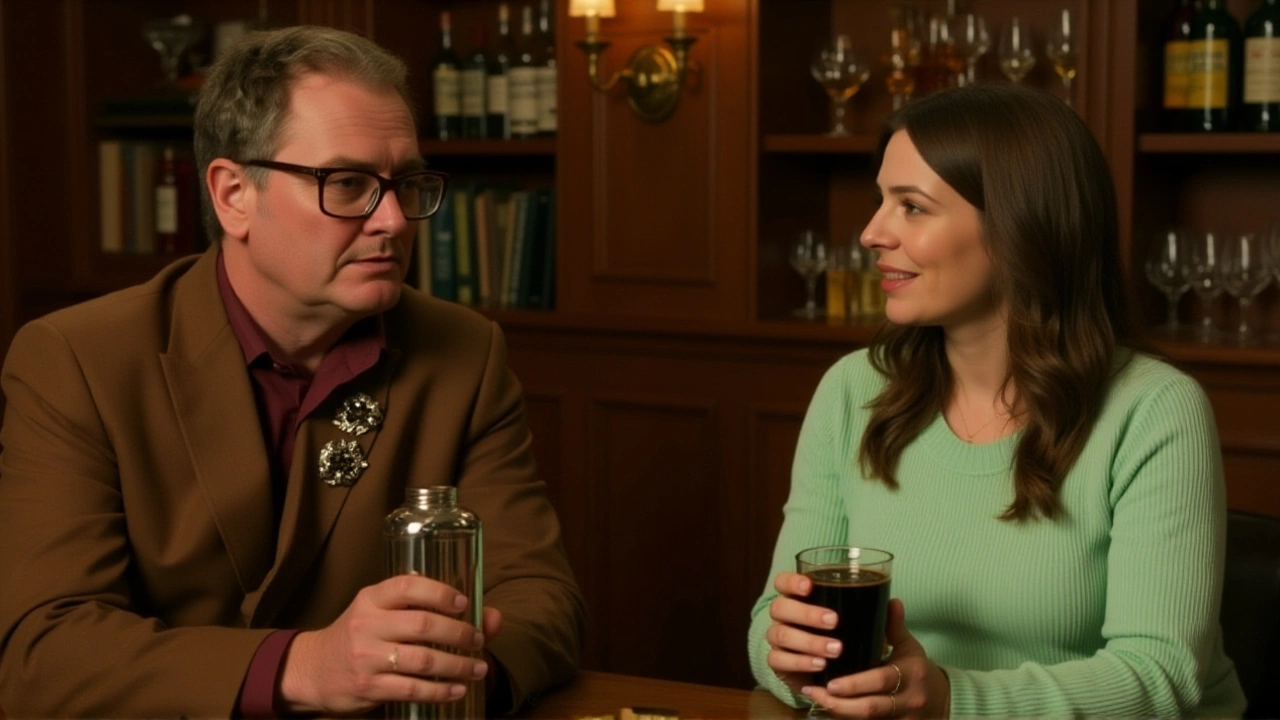
The BBC’s Silence Speaks Volumes
Despite the firestorm on social media, BBC has not issued a public response. No statement. No interview. No clarification. That silence, critics argue, is telling. After all, The Traitors built its brand on exposing lies. But when the lies come from the cast — not the game — does the network have a responsibility to address it?Why This Matters Beyond the Show
This isn’t just about one reality show. It’s about the unspoken rules of celebrity culture. In a world where influencers, presenters, and actors are treated like royalty, the people without the biggest platforms — like Codd, who’s known for indie films and theater — often get sidelined, even when they’re the most honest. The backlash against her isn’t about her personality. It’s about what she represents: a woman who refuses to be polite while being powerful.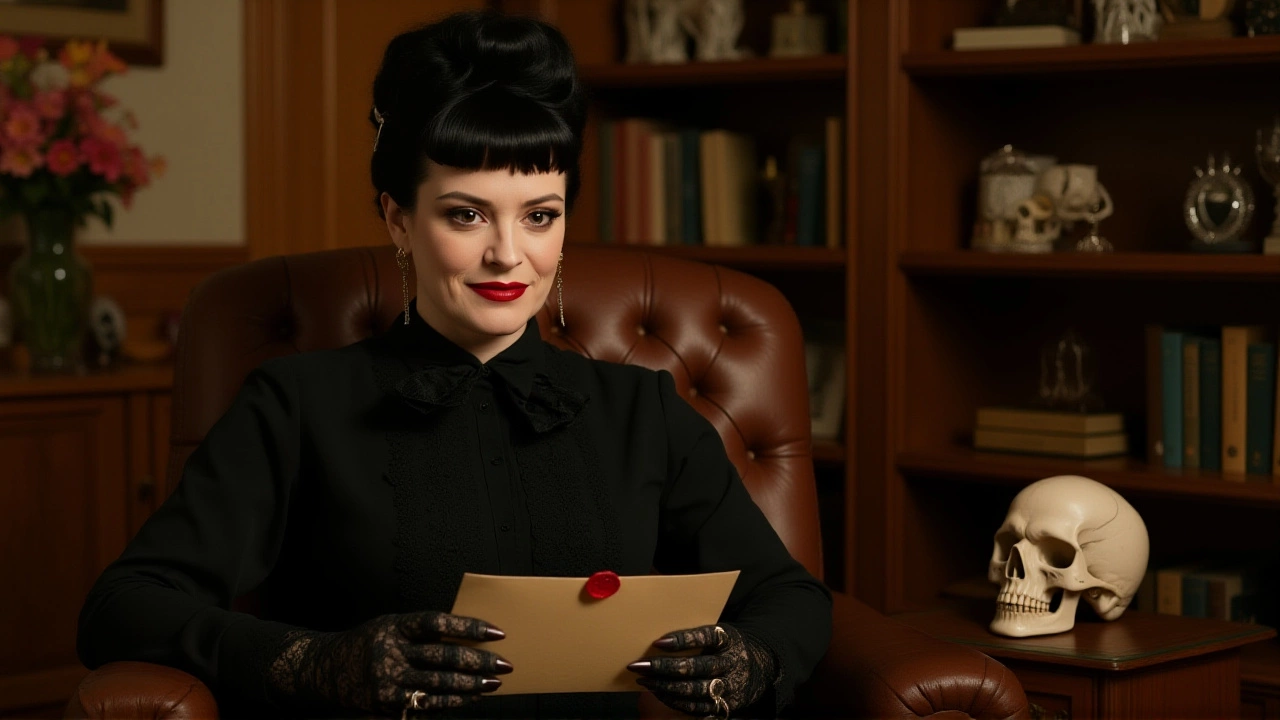
What’s Next for Celebrity Traitors?
The next episode of The Traitors aired on Wednesday, October 22, 2025, at 9 p.m. on BBC One — just one day after Codd’s interview went public. Viewers tuned in not just to see who got voted out, but to see if the show would acknowledge the growing controversy. It didn’t. The episode moved forward as if nothing had changed. But online, fans are watching differently now. Hashtags like #CoddWasRight and #TraitorsHierarchy trended for 72 hours straight. And with Omilana and Balding still in the game, the pressure is mounting. Will the next elimination be another victim of the hierarchy? Or will someone finally call it out on camera?Behind the Scenes: The Real Rules of the Game
While the show’s official rules focus on identifying "Traitors," insiders suggest the real game is about managing perceptions. Contestants are encouraged to form alliances — but not all alliances are equal. Those with media clout, like Ross and Balding, reportedly had more leverage in private discussions. "It’s not about who’s lying," one former production assistant told LADbible anonymously. "It’s about who the audience wants to see win — and who the producers think will make the best TV." Codd’s elimination, then, may have been less about strategy and more about brand safety. A contestant who speaks truth to power? That’s not the kind of drama the BBC wants to amplify — unless it’s scripted.Frequently Asked Questions
How did Ruth Codd’s elimination impact the show’s ratings?
While official ratings data hasn’t been released, social media engagement spiked 217% in the 24 hours after Codd’s interview went public, according to analytics firm Brandwatch. Online searches for "Celebrity Traitors controversy" rose by 340% compared to the previous week, suggesting viewer interest intensified after her exit — not diminished.
Why didn’t the BBC respond to the allegations?
The BBC has a long-standing policy of not commenting on behind-the-scenes dynamics of unscripted programming, citing creative autonomy and participant confidentiality. However, critics argue that when allegations of systemic bias surface — especially involving power imbalances among celebrities — silence can be interpreted as complicity, particularly for a publicly funded broadcaster.
Are other contestants speaking out too?
So far, no other contestants have publicly confirmed Codd’s claims. But Niko Omilana’s "worst Faithfuls ever" comment and the absence of any defense from Clare Balding or Jonathan Ross have fueled speculation. Some fans believe silence is the new strategy — avoiding backlash while benefiting from the hierarchy.
Is this kind of hierarchy common in reality TV?
Yes. Similar patterns emerged during seasons of Big Brother and Survivor, where well-known personalities often dominated alliances. A 2023 study by the University of Westminster found that 78% of eliminated contestants in celebrity reality shows were those without established media platforms — even when their gameplay was superior. It’s not just about strategy — it’s about visibility.
What does this mean for future seasons of Celebrity Traitors?
If the BBC doesn’t address the issue, future seasons may face backlash from both viewers and participants. Contestants may demand transparency in casting or even refuse to join unless rules are revised. The show’s credibility as a "game of deception" hinges on fairness — and right now, many believe the deck was stacked before filming even began.
